Prioritising Mental Health as a Universal Human Right: A Call to Action for Nigeria
World Mental Health Day is a powerful reminder that mental health is a universal human right. It is a day when we collectively acknowledge the importance of mental well-being and advocate for positive change in how we perceive and address mental health challenges. In Nigeria, it is crucial to recognize and prioritize mental health as a fundamental human right, both by the government and every citizen. Through this article, we aim to encourage the Nigerian government and all individuals to take action towards promoting mental health and ensuring access to mental health resources for all.
Mental health stigma remains a significant barrier to seeking help and support in Nigeria. It is crucial to foster a society that understands and accepts mental health challenges, free from judgment and discrimination. By promoting education and awareness campaigns, we can debunk myths, challenge stereotypes, and encourage open conversations about mental health. It is time to dismantle the walls of stigma and create an environment that supports individuals on their mental health journey.
For mental health to be recognised as a universal human right, the Nigerian government must prioritize the development and implementation of comprehensive mental health policies and legislation. This includes increasing funding for mental health services, integrating mental health into primary healthcare systems, and ensuring the availability of trained professionals and facilities across the country. By investing in mental health infrastructure, we can bridge the treatment gap and provide accessible and affordable mental health services for all citizens.
Access to mental health services should not be a privilege but a right for every Nigerian. It is imperative to establish community-based mental health centers, expand the mental health workforce, and improve the availability of essential medications. Additionally, telehealth and digital platforms can play a vital role in reaching remote areas and underserved populations. By leveraging technology, we can bridge geographical barriers and provide support to those who may otherwise face limited access to mental health resources.
Mental health literacy should be integrated into educational curricula at all levels. By equipping young individuals with knowledge about mental health, we can foster empathy, understanding, and early intervention. Furthermore, providing training programs for healthcare professionals will enhance their skills in diagnosing and treating mental health conditions. Investing in mental health education and training will empower individuals to prioritise their own well-being and support others in need.
Addressing mental health as a universal human right requires a collective effort. Collaboration between the government, civil society organizations, and private entities is crucial. By forming partnerships, sharing resources, and coordinating efforts, we can maximise the impact of mental health initiatives and reach a larger audience. Together, we can create a society that values and supports mental well-being.
On this World Mental Health Day, let us unite in our commitment to promoting mental health as a universal human right in Nigeria. It is time to break the silence, challenge the stigma, and advocate for accessible and affordable mental health services for all. By prioritizing mental health, we can build a resilient and thriving nation, where every individual’s well-being is cherished and protected. Let us join hands and work towards a future where mental health is truly recognized as a fundamental human right.
Remember, mental health matters. It is time for change.
